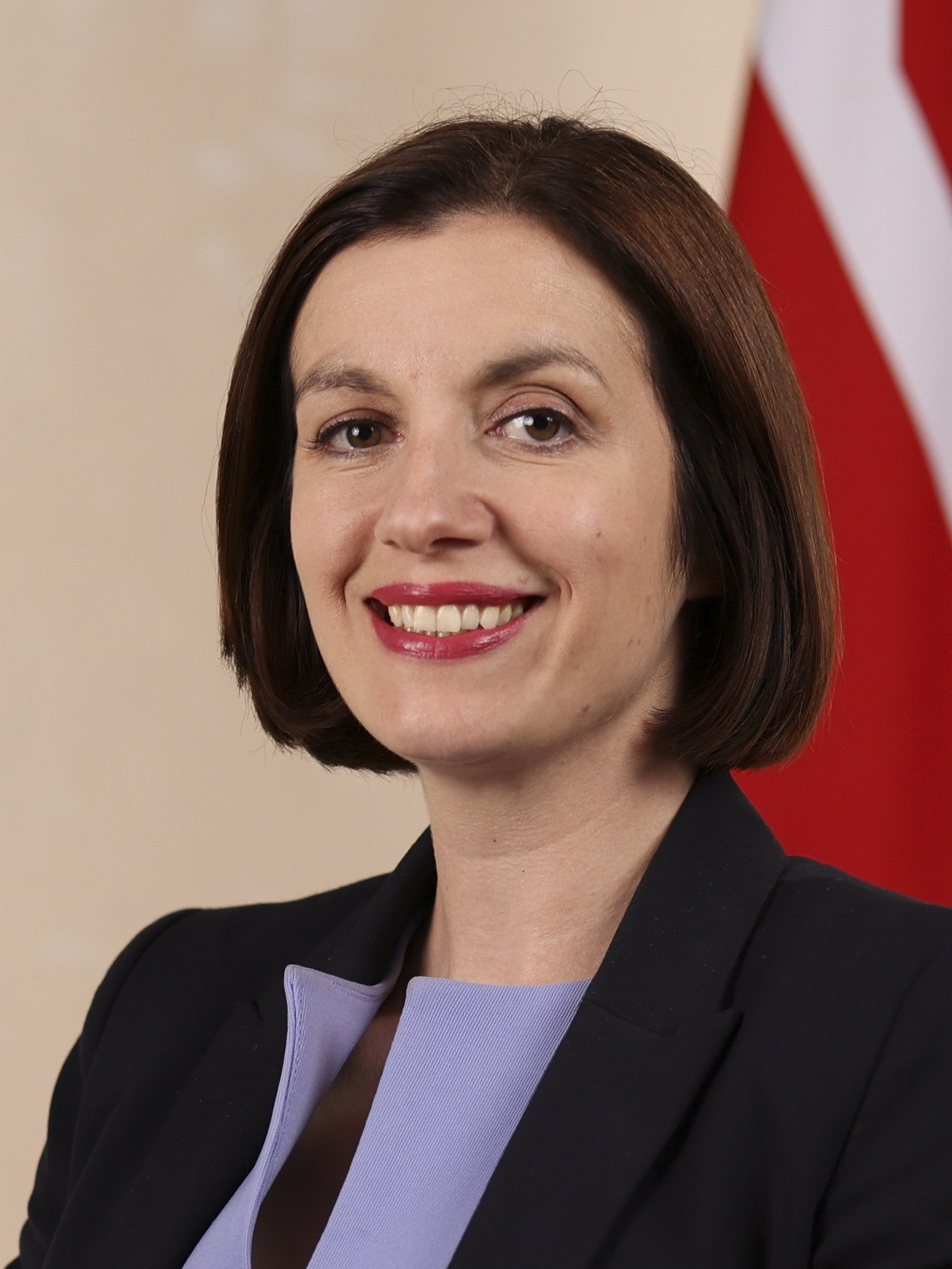
Introduction
Bridget Phillipson, the current Shadow Secretary of State for Education, has been a prominent figure in UK politics, especially in the Labour Party. With her focus on education policy and social equality, her role is increasingly significant as the country navigates through numerous challenges, including the ongoing impacts of the COVID-19 pandemic and the rising cost of living. With a notable commitment to improving educational standards and access, her actions directly affect millions of families across the country.
Recent Developments
In recent months, Phillipson has been vocal about the government’s education budget cuts, warning that they could jeopardise the future of children’s learning in the UK. During a speech at a Labour conference in Birmingham, she stated, “The government must realise that without proper funding for our schools and support for our teachers, we compromise the future of our children.” Her comments reflect a growing concern among educators and parents alike as schools struggle with limited resources.
Additionally, Phillipson has reiterated her commitment to addressing the disparities in education, particularly in disadvantaged areas. She launched a campaign aimed at increasing funding for schools that serve low-income families, emphasising a need for equity in education. Phillipson’s proposals include measures to lower class sizes, improve school facilities, and increase mental health support for students, successes that many believe are vital for nurturing the next generation.
Political Impact
Bridget Phillipson’s increasing visibility within the Labour Party and her strong stance on education could be pivotal in the upcoming general election. Analysts suggest that if the Labour Party successfully emphasises educational issues and aligns them with voters’ concerns, it could sway undecided voters towards their platform. Her position within the party’s leadership adds to her significance, as she not only represents the education sector but also embodies a fresh face that resonates with younger constituents.
Conclusion
Bridget Phillipson’s journey as a key player in UK politics highlights the critical role of education in shaping future policies. As she continues to champion reforms and advocate for equitable educational opportunities, her influence is only expected to grow. Voters and educators alike are watching closely, and her initiatives could pave the way for substantial changes in the education sector. The upcoming months will be crucial as the political landscape evolves, and Phillipson’s efforts may significantly impact the Labour Party’s stance in the electorate.
You may also like

Understanding the Current Political Landscape in the UK

The UKIP Party: Recent Developments and Future Outlook
